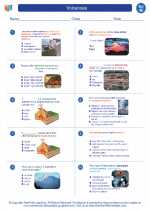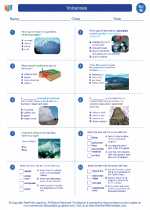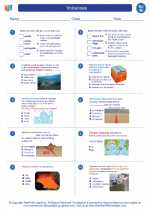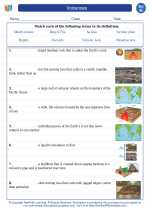Life Processes
Life processes are the basic activities that all living organisms perform in order to maintain their survival. These processes include nutrition, respiration, excretion, transportation, regulation, synthesis, growth, and reproduction.
Nutrition
Nutrition involves the intake of food and the utilization of nutrients for energy and growth. It includes ingestion, digestion, absorption, and assimilation of food.
Respiration
Respiration is the process by which living organisms take in oxygen and release carbon dioxide. It involves breathing, transport of gases, and cellular respiration for energy production.
Excretion
Excretion is the removal of waste products produced by metabolic activities. It includes the elimination of carbon dioxide, nitrogenous wastes, and other by-products of metabolism.
Transportation
Transportation involves the movement of substances such as nutrients, gases, and waste products within an organism. This process occurs at the cellular level as well as at the organismal level.
Regulation
Regulation refers to the mechanisms by which living organisms maintain a stable internal environment. This includes processes such as homeostasis and response to stimuli.
Synthesis
Synthesis is the process of building complex molecules from simpler ones. Living organisms carry out various biochemical reactions to synthesize proteins, carbohydrates, lipids, and other essential molecules.
Growth
Growth is the process by which living organisms increase in size and develop new cells and tissues. It involves cell division, differentiation, and growth factors.
Reproduction
Reproduction is the process by which living organisms produce offspring. It ensures the continuation of a species and can occur through sexual or asexual means.
Study Guide
Here are some key points to remember for studying life processes:
- Understand the different life processes and their significance in maintaining the life of an organism.
- Learn the specific mechanisms and pathways involved in each life process, such as the steps of respiration or the stages of digestion.
- Explore the interrelationships between different life processes and how they work together to sustain life.
- Practice applying your knowledge to real-life examples and scenarios to enhance your understanding of life processes.
- Use diagrams, flowcharts, and mnemonic devices to help you remember the key concepts and processes involved in life processes.
◂Science Worksheets and Study Guides Eighth Grade. Volcanoes

 Worksheet/Answer key
Worksheet/Answer key
 Worksheet/Answer key
Worksheet/Answer key
 Vocabulary/Answer key
Vocabulary/Answer key
 Vocabulary/Answer key
Vocabulary/Answer key
 Vocabulary/Answer key
Vocabulary/Answer key
